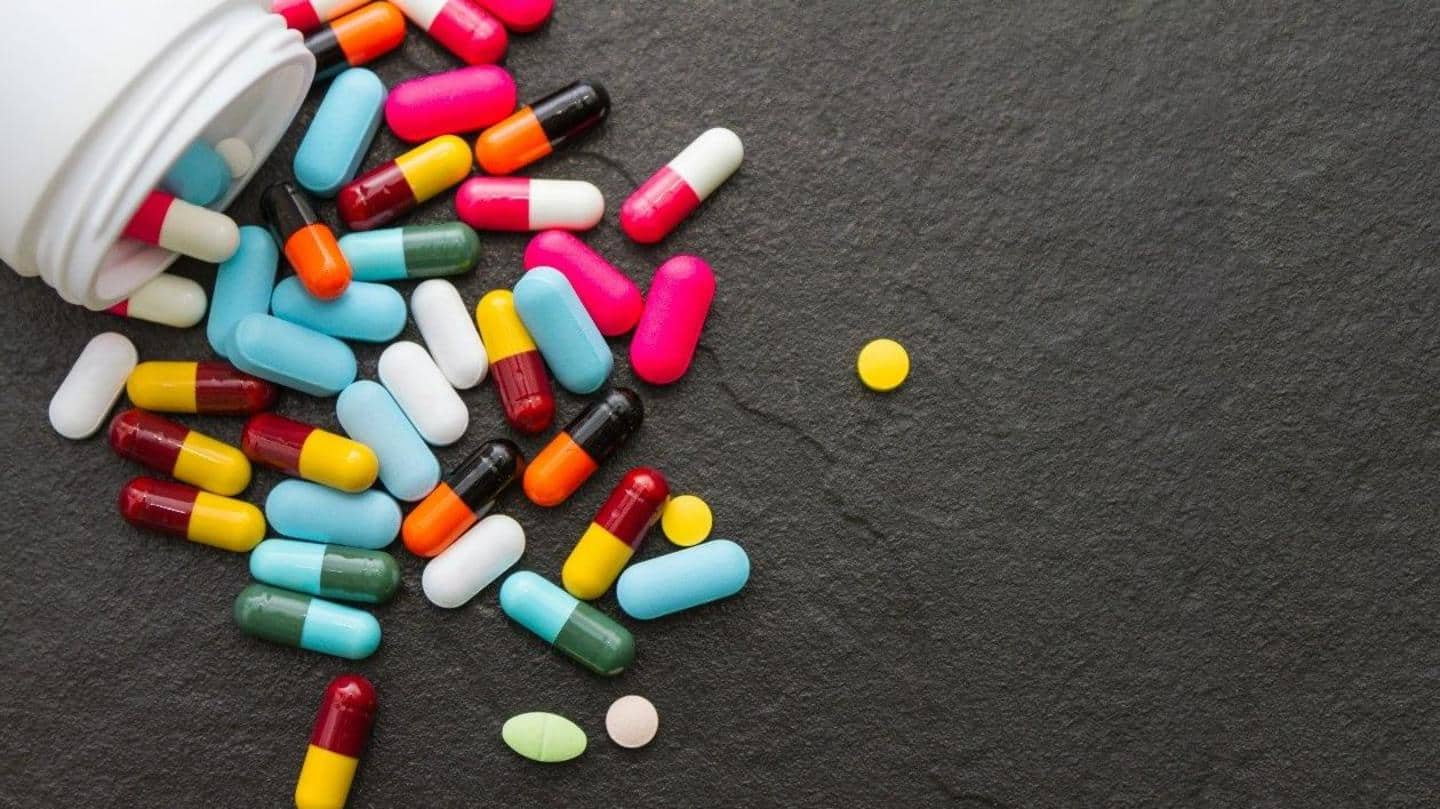
Anti-inflammatory drug may effectively treat COVID-19 complications in children: Study
What's the story
Corticosteroids, a class of drugs that lowers inflammation, may be an effective treatment for children who develop a rare disorder called multisystem inflammatory system (MIS-C) after COVID-19 infection, according to a study. All the 614 children who were part of the study developed the disorder following COVID-19 infection. The study was published in the New England Journal of Medicine on Wednesday.
Information
Illness generally occurs two to six weeks after COVID-19 infection
The disorder is thought to affect one in 50,000 children infected with the SARS-CoV-2 virus. The illness generally occurs two to six weeks after the infection. It affects children of all ages but is more common in older children and teenagers.
Symptoms
Disorder is causing the widening of arteries in some children
Researchers from Imperial College London noted that the disorder is characterized by persistent high fever, often accompanied by abdominal pain, vomiting, red eyes, and a red rash. According to researchers, most reports suggest a fatality rate of 2-4% associated with the disorder. An important concern has been that some children have developed inflammation of arteries associated with the heart, resulting in widening of arteries.
Corticosteroids
Corticosteroids are cheap and available worldwide
"The study suggests that steroids may be a cheaper and more available alternative to immunoglobulin," said Elizabeth Whittaker, one of the authors of the study from Imperial College. "Corticosteroids are cheap and available worldwide whereas immunoglobulin is expensive, and there is a worldwide shortage of it. This is a particular problem in many low and middle-income countries," she added.
Treatment
Two types of initial treatments were investigated for the research
Researchers investigated two initial treatments for the disorder: a type of steroid called corticosteroids, such as methyl prednisolone, and antibody treatment called immunoglobulin. The antibodies come from human blood and have been shown to reduce inflammation. The study also compared initial treatment with steroids together with immunoglobulin Researchers involved hundreds of doctors worldwide uploading information about patient outcomes onto an online database.
Information
No clear differences between the three treatments
All three treatments— immunoglobulin, immunoglobulin combined with corticosteroids, and corticosteroids alone—resulted in a more rapid decrease of inflammation. "There were no clear differences between the three treatments in the rate of recovery from organ failure or progression to organ failure," the researchers noted.